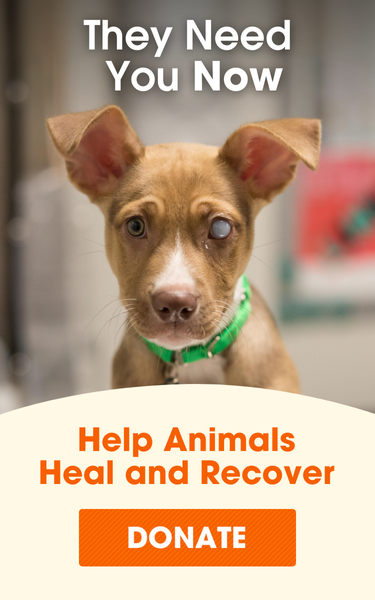
How to Keep Your Dog Safe at the Park This Summer

Bringing your dog to the park can be a wonderful way to spend time with your furry friend in the great outdoors and help them burn off some energy. But, like any public area, the park can come with its own set of hazards that pet parents should be aware of. Luckily, our experts at the ASPCA Animal Poison Control Center (APCC) created this list of items to look out for, and some tips to help you keep your pets safe and healthy this summer.
1. Mushrooms: Be on the lookout for mushrooms around trees or in grassy areas. If your dog does ingest a mushroom, call your veterinarian or the APCC at 888-426-4435 as soon as possible. Our experts can help try to identify the type of mushroom and determine a treatment plan.
2. Wildlife baits: Parks can attract all sorts of wildlife (rats, mice, gophers, etc.). Sometimes baits may be placed to deter or remove those animals. Depending on the active ingredient, if ingested by your pet the risks can include bleeding disorders, neurological signs or kidney failure. Keep an eye out for blocks or pellets of bait and keep your pet far away from bait stations—even “pet safe” stations can be broken into by a curious dog!
3. Herbicides: You may see signs that let you know that grassy areas of the park have been treated with herbicides. Generally, herbicides used today are of low toxicological concern, but they can still cause gastrointestinal or neurological signs if ingested when wet. Be sure to keep your pet out of these designated areas. Once dried, they typically pose little to no threat.
4. Unfamiliar or Toxic Plants: There may be plants you are unfamiliar with at the park. If you see a plant you do not recognize, be sure your dog isn’t grazing or ingesting it. If your dog does ingest an unfamiliar plant, take a photo and call your veterinarian or the APCC for help in attempting to identify the plant and assess if it is considered toxic. You can also check out our full list of toxic and non-toxic plants before heading out to familiarize yourself with plants you may come in contact with.
5. Unknown substances: Maybe it’s just us, but it feels like our curious dogs always find a way to sniff out something they shouldn’t, especially in public areas where things have been discarded. These can range from discarded food to illicit drugs. If you see your dog pick something off the ground, you can attempt to gently remove it from their mouth. If you remove the substance and are unsure what it is, or its toxicity, take a photo. That way either your veterinarian or the APCC can help you identify it.
Be sure to watch out for all the above items while at the park this summer! Also, make sure your pet is up to date on their vaccines as they may come in contact with other dogs or wildlife. In addition, keep your pet leashed when outdoors and make sure they have the proper identification, like an ID tag or a microchip in case they get lost. Lastly, avoid heat stroke and dehydration with plenty of shaded areas to rest and lots of fresh, cool water available during your time outside.
If you believe your pet has ingested anything toxic, please contact your veterinarian or the ASPCA Animal Poison Control Center at (888) 426-4435 immediately.
